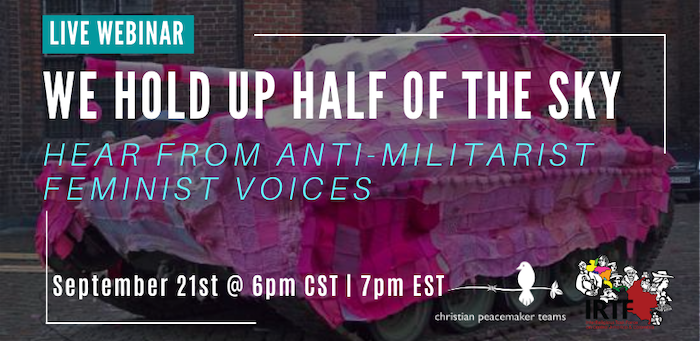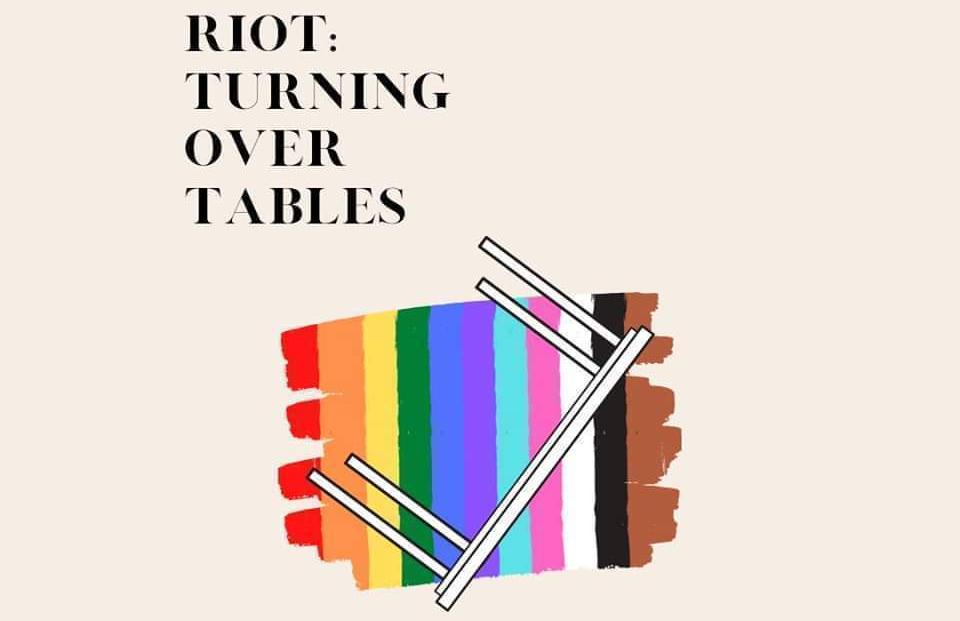The year 2020 was the most violent in Colombia since the peace agreement was signed in November 2016, with widespread attacks on social activists, trade unionists and former guerrillas in the peace process. The figures released by the INDEPAZ human rights NGO make for shocking reading. During the calendar year, 309 social activists and human rights defenders were killed (totalling 1,109 since the peace agreement was signed) and 64 FARC former guerrillas were killed (249 in total). There were also 90 massacres which claimed the lives of 375 people. Additionally, state security forces killed at least 78 people.
- Home
- About Us
- Issues
- Countries
- Rapid Response Network
- Young Adults
- Get Involved
- Calendar
- Donate
- Blog


